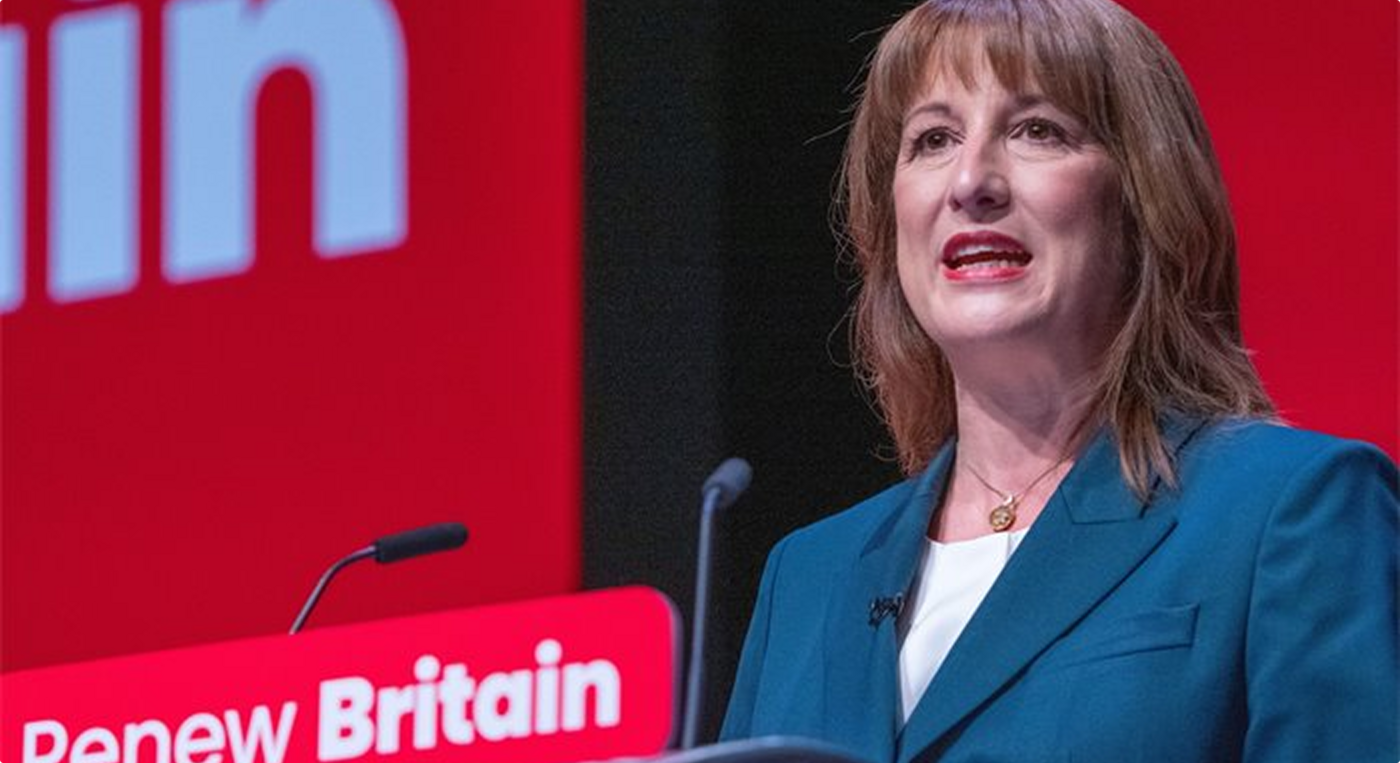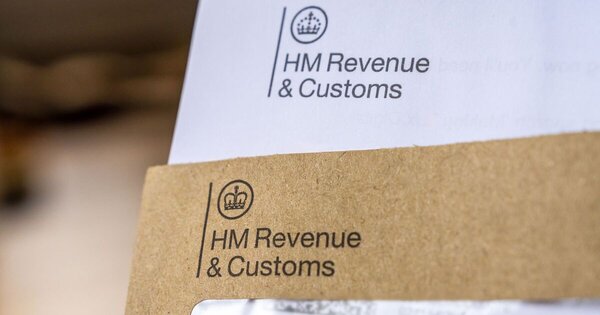Labour Prepares for Crucial Autumn Budget
Chancellor Rachel Reeves faces mounting pressure ahead of Budget 2025, as persistently high inflation and rising government borrowing threaten to derail Labour’s fiscal plans. UK borrowing hit £20.2bn in September, the highest level in five years, leaving the Treasury searching for new ways to raise revenue without breaking its pledge to protect “working people.”
The Budget is scheduled for November 26, with economists predicting a range of new tax measures targeting asset-rich households, landlords, and high earners.
Inheritance Tax Changes Loom
Reeves has already confirmed that private pension wealth will be subject to inheritance tax from April 2027, a move expected to generate billions in additional revenue. Reports suggest that the Treasury is also considering a lifetime cap on tax-free gifts, alongside a review of taper relief, which currently reduces inheritance tax liability for those who live more than three years after gifting assets.
Experts say Reeves may extend the freeze on the £325,000 nil-rate band until 2030, rather than allowing it to rise with inflation a move that would quietly increase the tax take from estates across the country.
Income and VAT Speculation Intensifies
While Labour has vowed not to raise income tax, VAT, or National Insurance on working people, speculation is growing that Reeves may still pursue indirect routes. One proposal from the Resolution Foundation suggests cutting National Insurance by 2p and adding the equivalent to income tax, effectively shifting the burden onto pensioners and the self-employed, raising up to £6bn.
There is also renewed talk of a VAT “stealth raid”, similar to the one on private school fees, which could see reduced or zero-rated categories revised to generate additional funds.
Property and Land Taxes on the Table
The Government is believed to be weighing options for a new property tax, potentially replacing council tax with a proportional levy tied to a home’s value. A “mansion tax” on properties worth over £1.5 million and a possible capital gains charge on primary residences are under consideration.
Economists have warned that these reforms could hit long-term homeowners and retirees, especially those considering downsizing. In parallel, a land value tax is being explored as a fairer alternative, though experts warn that implementing it too quickly could destabilise the housing market.
Landlords and Pensions in Focus
Landlords could face a new levy as Labour examines plans to apply National Insurance to rental income, a measure estimated to raise £2bn. Critics argue that this would unfairly target small landlords, while campaigners such as Generation Rent say many property owners would simply shift assets into company structures to avoid the tax.
On pensions, Reeves is expected to tread carefully after backlash over cuts to winter fuel payments. However, Treasury officials continue to explore reforms such as reducing higher-rate tax relief or limiting the 25% tax-free lump sum available to retirees.
Savings and Fuel Duty Decisions Await
Reeves may also cut the annual ISA limit, possibly reducing the £20,000 cap to £10,000, in an effort to channel more savings into investment markets. Building societies have warned that such a move could make mortgages more expensive by reducing available deposits.
Meanwhile, the fuel duty freeze, which has cost the Treasury over £3bn annually, could be reviewed. Motoring groups such as the AA caution that any increase in pump prices would be “catastrophic” for drivers and the wider economy.
Wealth Tax Debate Resurfaces
Despite pressure from Labour backbenchers, a wealth tax remains unlikely. Reeves is understood to have dismissed proposals for an annual 2% levy on assets above £10 million, describing it as “administratively unworkable.” Only Norway, Spain, Switzerland, and Colombia currently maintain such taxes, with most nations having scrapped them due to capital flight.
However, Reeves’s critics warn that her focus on asset-rich households could still drive entrepreneurs and investors abroad, worsening Britain’s productivity and investment climate.











